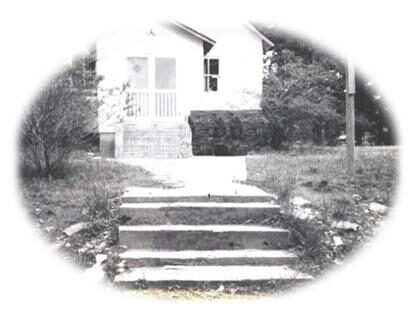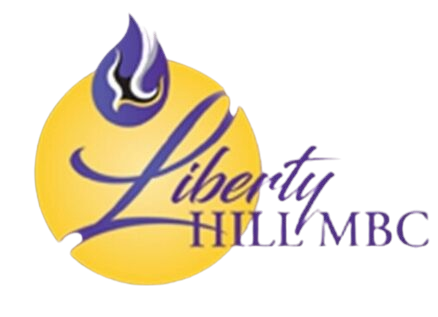Church History
Our History
Liberty Hill Missionary Baptist Church’s history spans over a century, marked by resilience, faith, and growth. From its humble beginnings in 1865 to its expansion through the leadership of devoted pastors, the church has overcome challenges, including fires and congregational splits, to emerge stronger each time. Our history is not just a record of events but a testament to the people who shaped our church, from early leaders like Joe Grisham to the dedicated congregants who built and rebuilt it with their own hands. As we honor this legacy, we carry forward the mission of Liberty Hill into the future.

The Founding of Liberty Hill
Liberty Hill Missionary Baptist Church was founded in 1865, shortly after the Civil War, by freed slaves. Beginning as a small log cabin on Canton Highway in Cobb County, Georgia, the church, originally known as “Liberty Hill Colored Church,” has a rich history, including its connection to the Ebenezer Cemetery, which remains at its original site.
In the early 1900s, Liberty Hill not only served as a place of worship but also as a one-room school for the local farming community. The church endured a devastating fire in 1941, leading to a split within the congregation. However, under the steadfast leadership of Reverend R. R. Freeman, the church was rebuilt, symbolizing the resilience and dedication of its members.
Since the 1970s, Liberty Hill has continued to grow under the leadership of dedicated pastors. Reverend Amos Williams, who became pastor in 2000, has overseen major developments, including acquiring additional land, building a Christian Education Center, and introducing various ministries to nurture the spiritual growth of the congregation.
The legacy of Liberty Hill is written in the lives of those who came before us, whose names are immortalized in the church windows. People like Joe Grisham and Mrs. Iowa Burse exemplify the enduring spirit of service and faith. As we honor our past, we continue to build on this foundation, writing new chapters for future generations.
